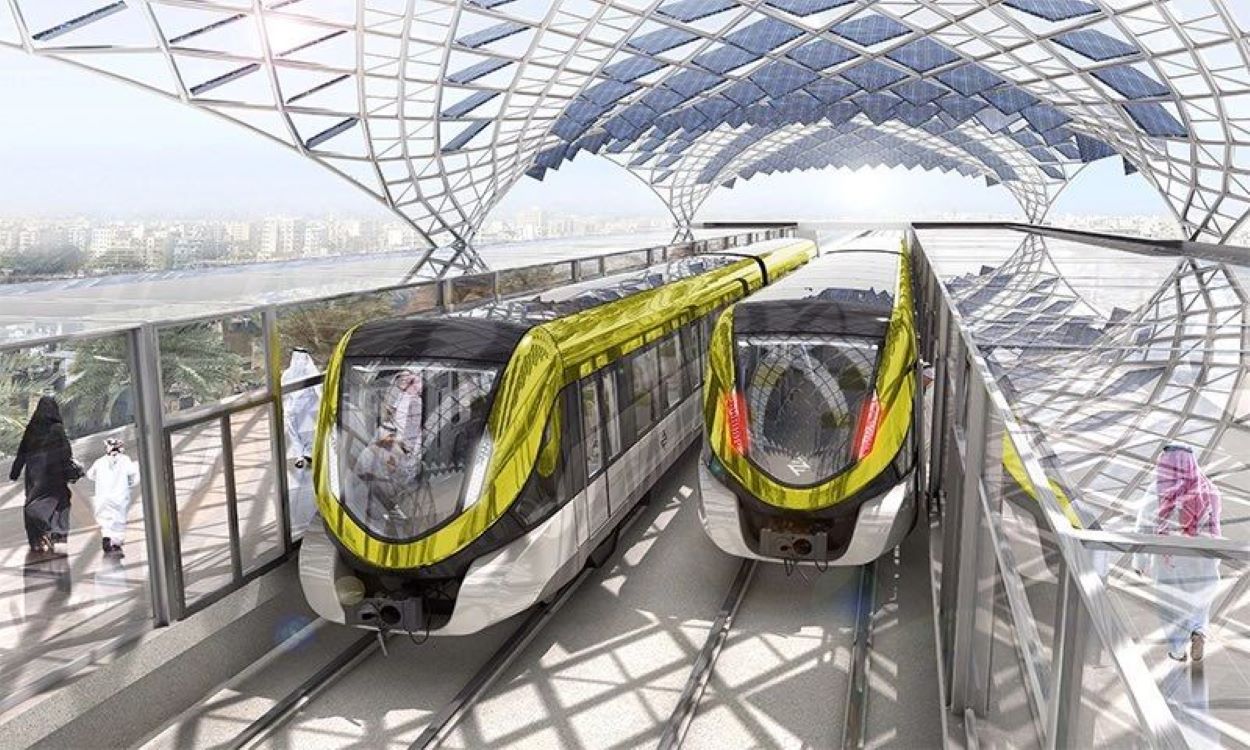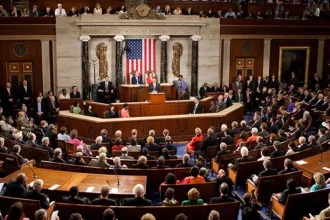Saudi Arabia is poised to launch the first phase of its ambitious Riyadh Metro project on November 27.
The $22.5 billion project, approved in 2012, has navigated several challenges, including logistical issues and COVID-19-related delays. Nonetheless, this launch marks a significant step in the Vision 2030 initiative, which aims to transform Riyadh into a leading centre for business and innovation.
This initial rollout will activate three of the six planned metro lines, with the others expected to start by mid-December.
Touted as the world’s longest driverless metro system, the Riyadh Metro will span 176 kilometres. This major addition to the city’s infrastructure is designed to ease traffic congestion and significantly reduce reliance on personal vehicles.
The first phase includes key routes such as Al Orouba to Batha, the King Khalid International Airport Road, and the Abdulrahman Bin Auf Street intersection with Sheikh Hassan Bin Hussein Street. These lines will enhance connectivity across crucial areas of Riyadh, facilitating thousands of daily commutes.
The Riyadh Metro is integral to Saudi Arabia’s broader urban development strategy. It addresses the needs of a growing population and escalating demand for efficient transport solutions. The project aims to upgrade the city’s infrastructure and support economic and environmental sustainability objectives.
Once fully operational, the metro system will alleviate traffic, improve air quality, and elevate the quality of life in Riyadh. It is also expected to generate thousands of jobs during construction and ongoing operations.






